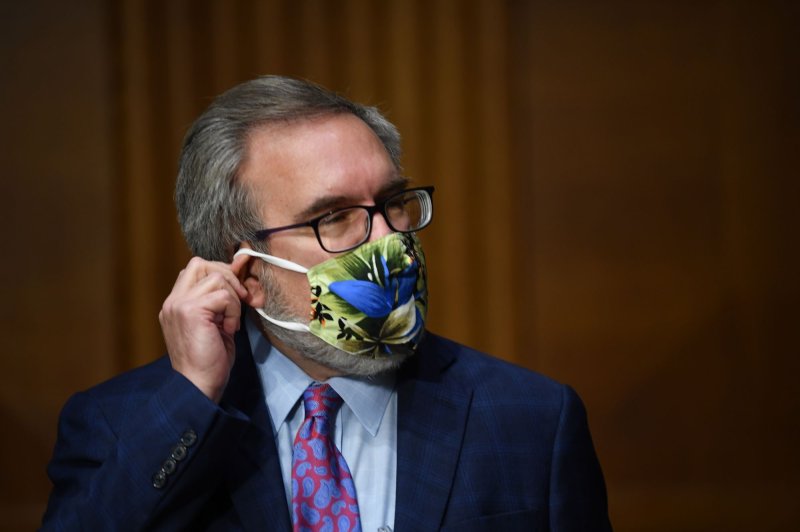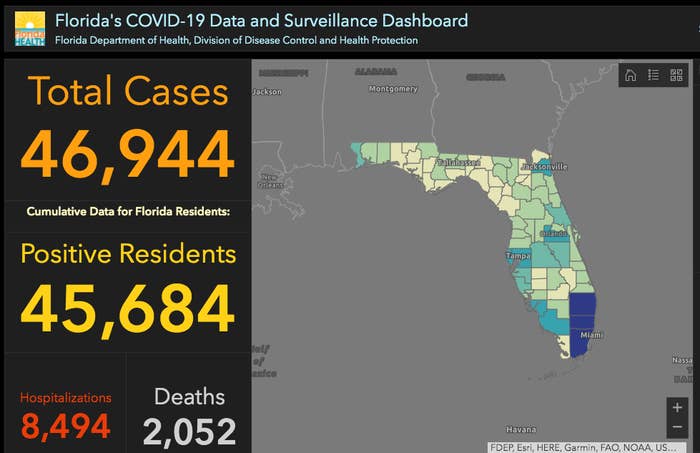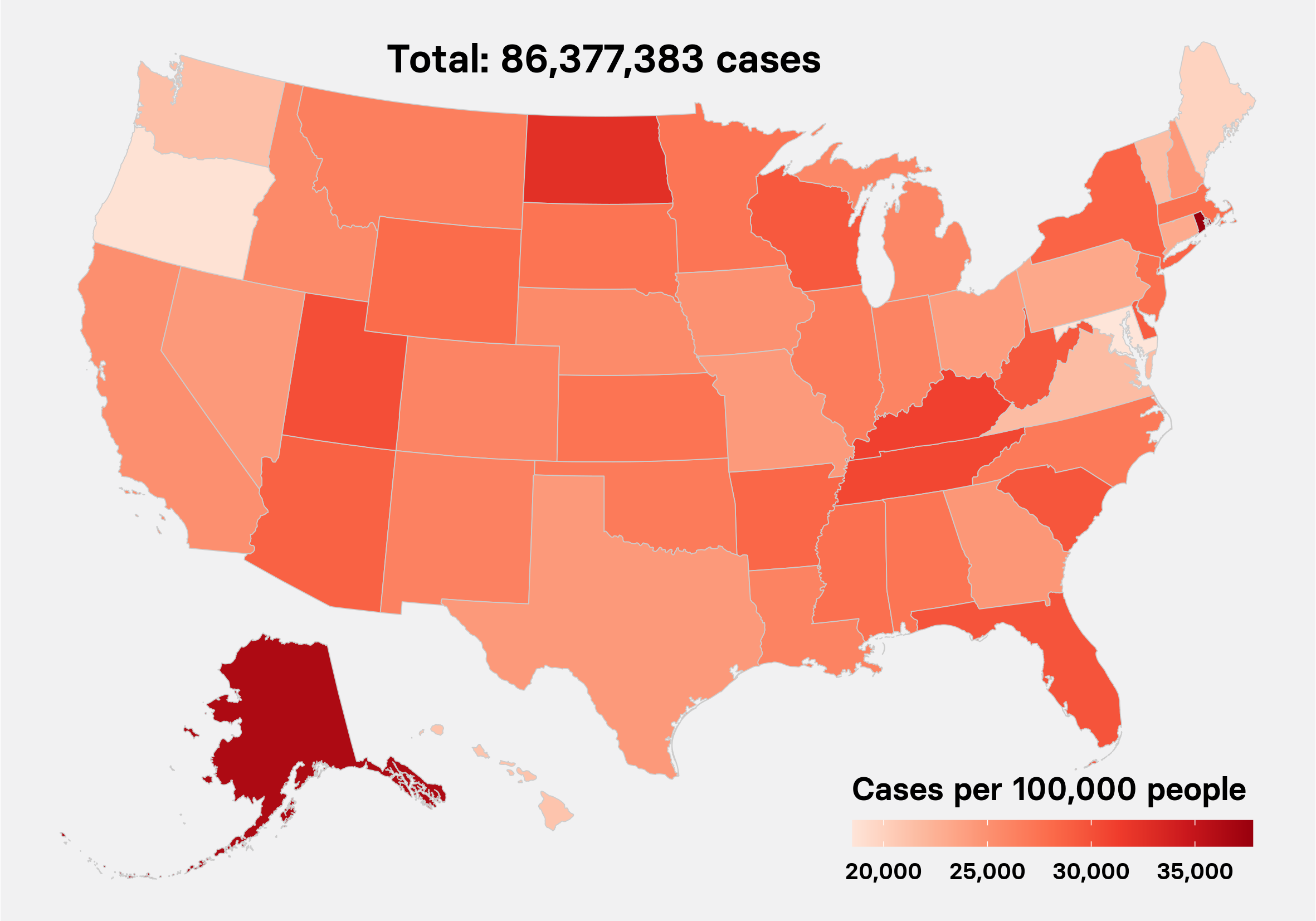B U R E A U O F P U B L I C S E C R E T S
|
PREGNANT PAUSE
— Remarks on the Corona Crisis —
We were already living in a general global crisis, but most people were only vaguely aware of it since it was manifested in a confusing array of particular crises — social, political, economic, environmental. Climate change is the most momentous of these crises, but it is so complicated and so gradual that it has been easy for most people to ignore it.
The corona crisis has been sudden, undeniable, and inescapable. It is also taking place in an unprecedented context.
If this crisis had taken place fifty or sixty years ago, we would have been totally at the mercy of the mass media, reading about it in newspapers or magazines or sitting in front of a radio or television passively absorbing whatever instructions and reassurances were broadcast by politicians or newscasters, with scarcely any opportunity to respond except perhaps to write a letter to the editor and hope that it got printed. Back then, governments could get away with things like the Gulf of Tonkin incident because it was months or years before the truth eventually got out.
The development of social media during the last two decades has of course dramatically changed this. Although the mass media remain powerful, their monopolistic impact has been weakened and circumvented as more and more people have engaged in the new interactive means of communication. These new means were soon put to radical uses, such as rapidly exposing political lies and scandals that previously would have remained hidden, and they eventually played a crucial role in triggering and coordinating the Arab Spring and Occupy movements of 2011. A decade later, they have become routine for a large portion of the global population.
As a result, this is the first time in history that such a momentous event has taken place with virtually everyone on earth aware of it at the same time. And it is playing out while much of humanity is obliged to stay at home, where they can hardly avoid reflecting on the situation and sharing their reflections with others.
Crises always tend to expose social contradictions, but in this case, with the intense worldwide focus on each new development, the revelations have been particularly glaring.
The first and perhaps most startling one has been the rapid turnabout of governmental policies. Since the usual “market solutions” are obviously incapable of solving this crisis, governments are now feeling obliged to resort to massive implementation of the kinds of solutions they previously scorned as “unrealistic” or “utopian.” When anybody, rich or poor, native or foreign, can spread a deadly disease, anything less than free healthcare for all is self-evidently idiotic. When millions of businesses are closed and tens of millions of people are thrown out of work and have no prospect of finding a new job, the usual unemployment benefits are obviously hopelessly inadequate and policies like universal basic income become not just possible, but virtually unavoidable. As an Irish satirical website put it: “With private hospitals being taken into public ownership, increased welfare supports for the vast majority of the nation and a ban on evictions and the implementation of a rent freeze, Irish people are still trying to comprehend how they woke up today to find themselves in an idyllic socialist republic.”
Needless to say, our situation is actually far from idyllic. Although Ireland and many other countries have indeed implemented these kinds of emergency measures, when we look closer we find that the usual suspects are still in charge, with their usual priorities. Particularly in the United States, where the first to be rescued were the banks and corporations, as several trillion dollars were pumped into the financial markets without the slightest public debate. Then, when it became apparent that a more general bailout was needed, the vast majority of that bailout money also went to those same huge companies; much of the smaller amount designated for small businesses was snapped up by large chains before most of the actual small businesses got a penny; and the allotment for ordinary working families and unemployed people was a one-time payment that would scarcely cover two weeks of typical expenses. To add a twist of the knife, governors in several states have come up with the clever idea of prematurely reopening certain businesses, thereby making those workers ineligible for unemployment benefits if they refuse to endanger their lives.
The point of such bailouts is that certain industries are supposedly so essential that they need to be “saved.” But the fossil fuel industries don’t need to be saved, they need to be phased out as soon as possible. And there’s no reason to save the airlines, for example, because if they go bankrupt they can then be bought for pennies on the dollar by someone else (preferably the government) and restarted with the same workers, with the losses being borne by the previous owners. Yet these immensely wealthy and grossly polluting industries and others like them are getting hundreds of billions of dollars of “crisis relief.” But when it comes to things that lower- and middle-class people depend on, suddenly the message is: “We need to tighten our belts and not increase the federal debt.” Thus, Trump continues to push for a payroll tax cut (which would sabotage Social Security and Medicare) and he has threatened to veto any bailout that gives any assistance to the U.S. Postal Service (though UPS and Fedex have already been given billions of dollars of taxpayer money). The Republicans have tried for decades to bankrupt and privatize the Post Office — most blatantly in their 2006 act requiring the Post Office to fund its employees’ retirement benefits 75 years in advance (something no other entity, public or private, has ever been obliged to do) — but Trump’s particular vehemence on this topic at this time is due to his desire to prevent the possibility of mail-in voting in the coming election.
It shouldn’t take a genius to realize that the people at the lower end of the scale should be prioritized. Not only do billion-dollar corporations not need any more money, if they get more money most of it does not “trickle down” but is salted away in offshore tax shelters or used for stock buybacks. Whereas if each lower- and middle-class person gets, say, $2000 a month for the duration of the crisis (which would cost the government much less than the current bailouts of the super-rich), virtually all of that money will immediately be spent for basic needs, which will help at least some small businesses to remain in business, which will enable more people to keep their jobs, and so on. Small businesses also need immediate assistance (especially if they have been temporarily forced to suspend operation during the crisis) or they are likely to go bankrupt, in which case large businesses and banks will buy them up at bargain rates, thereby exacerbating the already extreme gap between a few mega-corporations at the top and everybody else at the bottom.
The corona crisis has exposed many national governments as criminally negligent, but most of them have at least attempted to deal with it in a somewhat serious manner once they realized the urgency of the situation. This has unfortunately not been the case in the United States, where Trump first declared that the whole thing was just a hoax that would soon blow over and that the death count would be “close to zero,” and then, when after doing virtually nothing for more than a month he was finally forced to admit that it was actually a serious crisis, announced that thanks to his brilliant leadership “only” around 100,000 or 200,000 Americans will die. Months into the pandemic there is still no national stay-at-home order, no national testing plan, no national procurement and distribution of life-saving medical supplies, and Trump continues to downplay the crisis in a frantic effort to open things up soon enough to revive his reelection chances.
Since his dillydallying has already been responsible for tens of thousands of additional deaths, and since he is also presiding over an economic chaos not seen in America since the Great Depression of the 1930s, the Democrats should normally have no trouble in defeating him in November. But as it did four years ago, the Democratic Party establishment has demonstrated once again that it would rather risk losing to Trump with a business-as-usual corporate tool than risk winning with Bernie Sanders. Sanders’s programs (Medicare for All, Green New Deal, etc.) were already popular with most voters, and they have become even more so as the corona crisis has made the need for them more obvious. The fact that such commonsensical reforms are seen as radical is just a reflection of how cluelessly reactionary American politics has become by comparison with most of the rest of the world.
Meanwhile, since it soon became clear to just about everyone that Trump hasn’t the dimmest idea of how to deal with the corona crisis except to showcase his amazing medical knowledge and brag about his TV ratings, everyone else has been left to deal with it on their own. Though some state and local governments have helped, it should be noted that many of the earliest, most extensive, and most creative responses have been carried out by ordinary people on their own initiative — young people doing shopping for older and more vulnerable neighbors, people making and donating the protective masks that the governments neglected to stockpile, health professionals offering safety tips, tech-savvy people helping others to set up virtual meetings, parents sharing activities for kids, others donating to food banks, or crowdfunding to support popular small businesses, or forming support networks for prisoners, immigrants, homeless people, etc.
The crisis has vividly demonstrated the interconnectedness of people and countries all over the world, but it has also revealed, for those who weren’t already aware of it, that vulnerability is not equally shared. As always, those at the bottom bear the brunt — people in prisons or immigrant detention centers or living in crowded slums, people who can’t practice social distancing and who may not even have facilities to effectively wash their hands. While many of us are able to stay at home with only mild inconvenience, others are unable to remain at home (if they even have a home) or to share so many things via social media (if they even have a computer or a smartphone) because they are forced to continue working at “essential jobs,” under dangerous conditions and often for minimum wage and no benefits, in order to provide food, utilities, deliveries, and other services for the people who are staying home. (See Ian Alan Paul’s provocative analysis of the “domesticated/connected” sector and the “mobile/disposable” sector in The Corona Reboot.)
The “mobile/disposable” workers are usually too isolated and too vulnerable to dare to struggle (especially if they are undocumented), but because most of their jobs are indeed essential, they now have a potentially powerful leverage and it is not surprising that they are starting to use it. As the dangers and stresses build up, their patience has given way, beginning with widespread wildcat strikes in Italy in March, then spreading to several other countries. In the United States protests and strikes have broken out among workers at Amazon, Instacart, Walmart, McDonald’s, Uber, Fedex, grocery workers, garbage workers, auto workers, nursing home workers, agricultural workers, meat packers, bus drivers, truck drivers, and many others; nurses and other healthcare workers have protested medical equipment shortages; workers at GE have demanded repurposing jet engine factories to make ventilators; homeless families have occupied vacant buildings; rent strikes have been launched in several cities; and prisoners and detained immigrants are hunger-striking to expose their particularly unsafe conditions. Needless to say, all these struggles should be supported, and frontline workers should be first in line in any bailout.
After months of staying at home, everyone is naturally anxious to resume some degree of social life as soon as possible. There are legitimate debates about just how soon and under what conditions it is safest to do this. What is not legitimate is to deliberately ignore or deny the dangers simply so that businesses can resume and politicians can get reelected. The most grossly illuminating revelation of the whole crisis has been seeing pundits and politicians openly declare that it’s an acceptable trade-off for millions of people to die if that’s what it takes to “save the economy.” This admission of the system’s real priorities may backfire. People have been told all their lives that this economy is inevitable and indispensable, and that if they just give it free rein it will ultimately work for them. If they start seeing it for what it actually is (a con game that enables a tiny number of people to control everyone else in the world through their possession and manipulation of magic pieces of paper), they may conclude that it needs to be replaced, not saved. “Once society discovers that it depends on the economy, the economy in fact depends on the society” (Guy Debord, The Society of the Spectacle).
Article on the coronavirus crisis by Ken Knabb, with links to other articles, songs, memes, etc.







